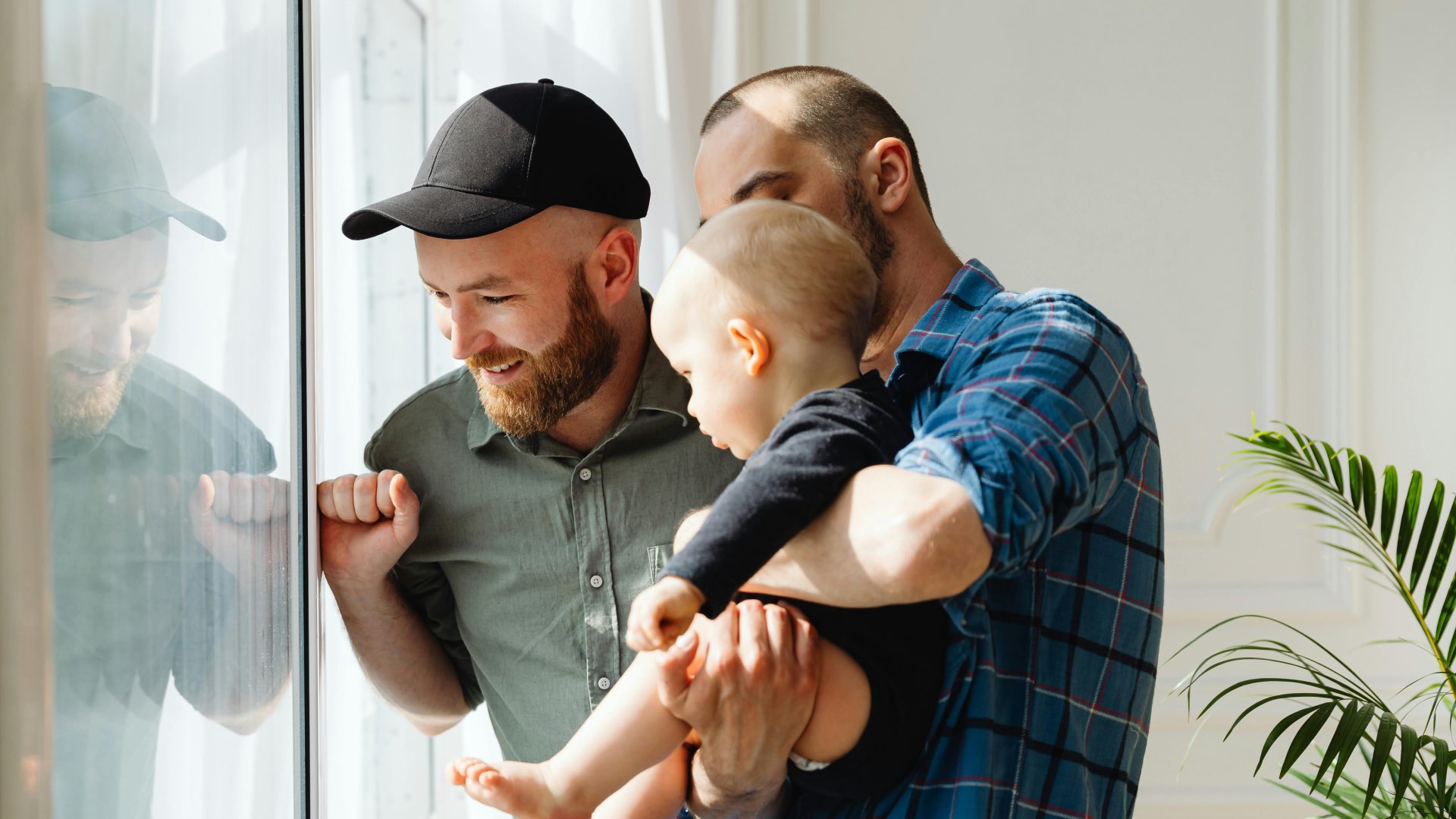Same-sex couples could soon share DNA with their baby in scientific breakthrough
OHSU researchers fertilise eggs made from human skin DNA, meaning same-sex couples could be genetically linked to their child in the future
By Aaron Sugg

Researchers in the US have successfully fertilised egg cells created using DNA from human skin, marking a groundbreaking advancement for same-sex couples seeking parenthood.
This demonstrates a method that could help infertile individuals and LGBTQ+ families achieve genetically linked children.
The Oregon Health & Science University (OHSU) team found that a skin cell nucleus implanted into an egg stripped of its genetic code could allow same-sex couples to have a genetically related child.
How could this benefit gay male couples?
For example, in a gay male couple, one partner’s skin could be used to make the egg, while the other partner’s sperm could fertilise it.
The next stage is to persuade the egg to discard half of its chromosomes in a process the researchers have termed “mitomeiosis.”
Currently, gay men can become parents through surrogacy, where a surrogate carries a child using the sperm of one partner and either a donor egg or the egg of the partner.
Lesbian couples can use a sperm donor with intrauterine insemination (IUI) or IVF to conceive, one partner provides the egg. Adoption is also an available option for both.
“We achieved something that was thought to be impossible” – Prof. Shoukhrat Mitalipov on the new discovery
Though the success rate is currently low, at around 9%, Prof. Mitalipov, a world-renowned pioneer in the field, told BBC News: “We have to perfect it. Eventually, I think that’s where the future will go, because there are more and more patients who cannot have children.”
“In addition to offering hope for millions of people with infertility due to a lack of eggs or sperm, this method would allow for the possibility of same-sex couples having a child genetically related to both partners,” said Prof. Paula Amato of OHSU.
The OHSU team estimates that at least a decade of research is needed before clinical trials, only once approved by governing officials in the US.
